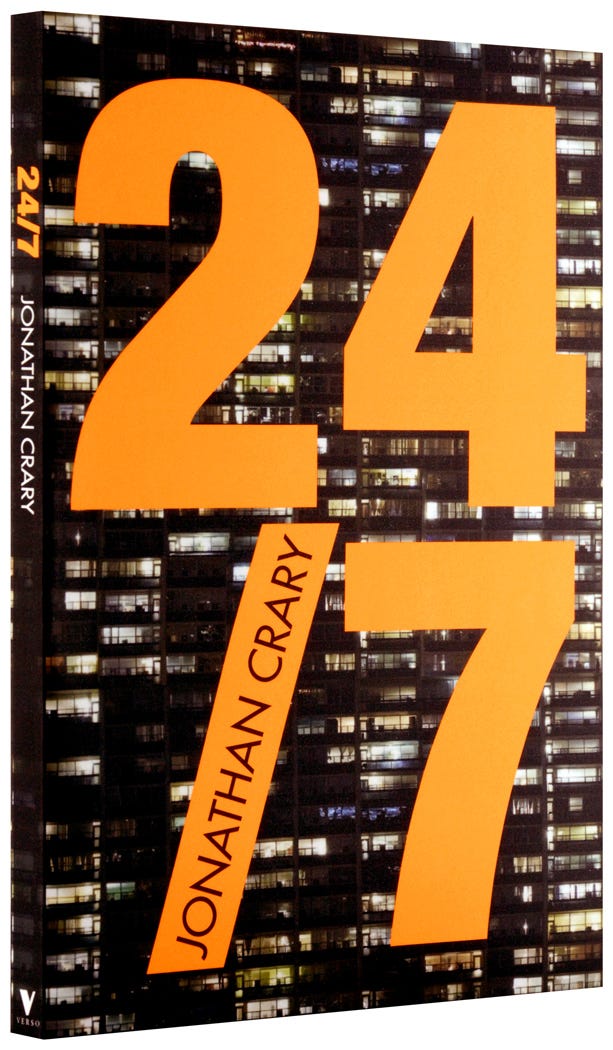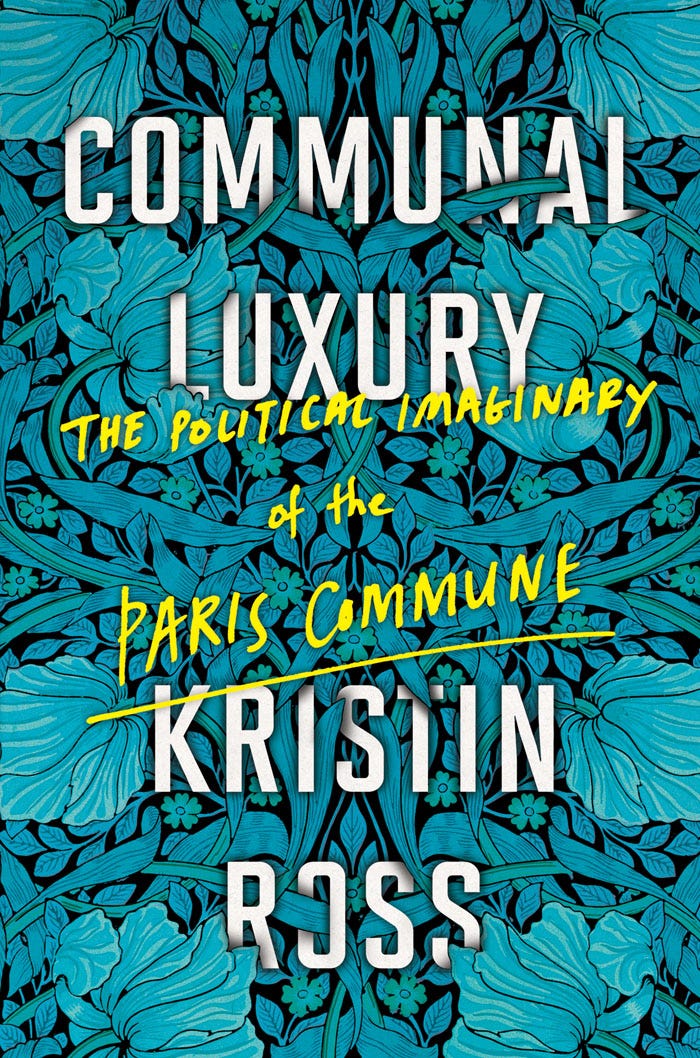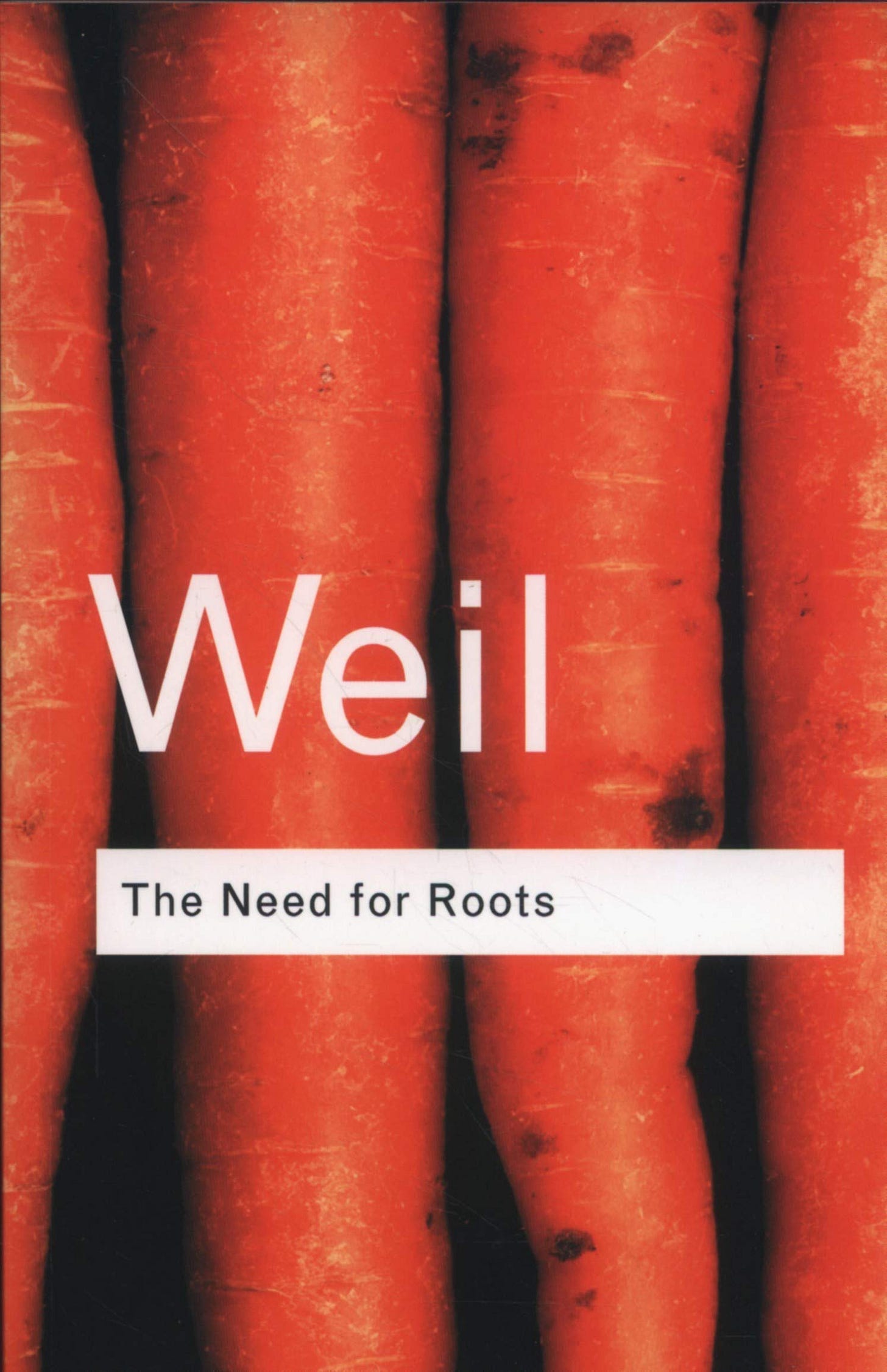
I’ve always been struck by Dr Johnson's line that you should do your reading when you're young, because you won't want to read when you get older.1 It's true. At my reading peak, in my twenties, I read around a hundred books a year. Now, I am lucky to get through forty. Every day scores of books are published and, even if only one or two a year are worth reading, it soon adds up to an enormous pile on your bedside table. Libraries and bookshops are reminders of lives not lived, the finitude of an existence in which you need to choose carefully where to spend your time.
Of course, we could just devour shedloads of pacy thrillers and vapid romances and forget about literary merit, but to grow we must read outside of our comfort zones. This can be a lonely, uneven path so it helps to have friends to accompany you along the way; hence, the reading group. Last Sunday 10th July, marked ten years since the first meeting of my own, the Dialectical Materialist book group (aka DiaMat) and I thought this might be a good time to reflect on the experience.
Like many who had been introduced to continental philosophy at university, I had been intrigued by the political turn in theory since the financial crisis. I was a keen reader of Slavoj Zizek's shorter, accessible works and with the publication of Less Than Nothing: Hegel and the Shadow of Dialetical Materialism (2012), Laura and Ian thought it would be good to deconstruct it together, inviting me and Stephen along to make up the numbers.
Over the decade, in various configurations, we've met 74 times and read over 50 books, gradually working out our own particular way of doing things. This way won't work for everyone and I have no real sense of how other people run their book groups, but it continues to delight and instruct me.
The Five
DiaMat has a core group of five people and we go out of our way to ensure all five are available to meet. Because it has been the same five people for the last seven years there is a good deal of shared intellectual references. It's like the old proverb about how you should ‘store grain in the belly of your neighbour.’ That is, rather than selfishly hoarding, we'd do better to share as a way of paying forward so that everyone benefits long-term. By sharing books together we can remind each other of how ideas connect. We occasionally invite along other people — partners, housemates — but not very often.
Revolving dictatorship
There is no voting on what to read next. Instead, we take it in turns to choose what to read in a revolving dictatorship. Each member has their own tastes: Ian tends towards left social history; Laura towards psychoanalysis and the East; Ellie towards environment and localism; Chris towards canonical works from neglected masters; and, me, towards whatever I consider zeitgeisty. The person who chooses the book has to host, which means having people in your house, cooking a vegan meal and introducing the book.
Give an option for those who don't have time
Initially, we only read chapters, articles or books under 200 pages. After that proved too restrictive, the books we've been reading have gotten longer. As a result, we've met less frequently, though we always make sure there is an option for especially busy members to read a few chapters instead.
Keep the discussion on topic
It is easy to start talking about whatever political gossip is happening at the time, but we have used techniques like Lean Coffee2 as a way of keeping the discussion on track.
Focus on understanding rather than personal opinions
It's easy to get into arguments over matters of opinion, so it helps to focus on trying to understand the book rather than say whether you like it or not. We are humble enough to simply want to learn something, rather than initiate the revolution.
I would encourage everyone to form a book group, a reading group, or some kind of discussion forum. It is provides witnesses to your intellectual journey and the confidence to think through ideas.

Here is a list of texts that I have found particularly memorable and which I would recommend you read.
24/7 by Jonathan Crary
A strident, poetic book on what the internet is doing to society and the people in it. Here is a beautiful description of what screen use does to our sense of the world:
The room and its contents—seem both vague and oppressive in their time-worn materiality, their heaviness, their vulnerability to dilapidation, but also their inflexible resistance to being clicked away in an instant.
Crowds and Party by Jodi Dean
Looking through my notes, I see that Jodi Dean was way ahead of the curve on so much with her book taking in Christopher Lasch, Rene Girard, Bifo Berardi, and the excesses of identity politics. She reacted to Occupy by reiterating the need for party structures and consciousness raising:
Over the past few decades, we’ve encountered the limits of horizontalism as it fails to scale, endure, or replace capitalist state power. Far from solving a problem of left political organization, horizontalism is the name of a problem.
Communal Luxury by Kristin Ross
I knew very little about the Paris Commune before reading this entertaining history, but Ross convinced me that it was a transformative and creative moment:
Rebuilding society on the model of the commune means rediscovering that ‘the true secret of happiness lies in the taking of interest in all the details of daily life, in elevating them by art instead of handing the performance of them over to unregarded drudges.’
Dilemmas in General Theory of Planning by Horst Rittel and Melvin Webber
This article is best known for popularising the notion of wicked problems, the kind of problems that won’t be easily fixed by engineering-led solutions. I think about this all the time in my job designing and building websites. Here are some characteristics of wicked problems:
Solutions to wicked problems are not true-or-false, but better or worse.
Every solution to a wicked problem is a one-shot operation; because there is no opportunity to learn by trial and error, every attempt counts significantly.
Every wicked problem is essentially unique.
Every wicked problem can be considered to be a symptom of another problem.
The social planner has no right to be wrong (i.e., planners are liable for the consequences of the actions they generate).
The overall effect is to increase the nuance in your approach to problems and realise that there is no such things as a simple solution.
The Need for Roots by Simone Weil
Simone Weil was commissioned by the Free French to write a report on the possibilities of bringing about the regeneration of France. What she came up with was a strange, spiritual book about the obligations of humanity:
Truth is the radiant manifestation of reality. Truth is not the object of love but reality. To desire truth is to desire direct contact with a piece of reality. To desire contact with a piece of reality is to love.
I looked up the actual line from Boswell's Life and it was something Johnson heard when he was at Oxford. 'An old gentleman said to me, "Young man, ply your book diligently now, and acquire a stock of knowledge; for when years come upon you, you will find that poring upon books will be but an irksome task."'
Lean Coffee is where at the beginning of a discussion everyone writes down topics they want to talk about, the participants then vote with dots on which topics are their favourite, and the topics are then discussed in order of popularity for five minutes. A quick yes/no vote determines whether to add another five minutes or move on to the next topic.









Great piece Neil! Good to be reminded of all these excellent texts (though I'm sad I didn't read Communal Luxury) xx